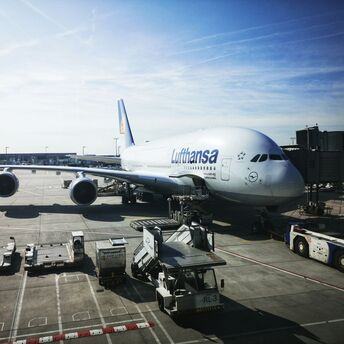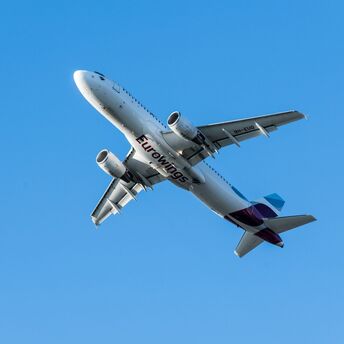New Travel Requirements for Carrying Medicines Internationally

Several popular destinations have tightened their controls on medicines carried by visitors, prompting renewed advice for travellers to verify regulations well before departure. A medicine considered legal in the UK or elsewhere in Europe may be restricted or banned abroad, even with a prescription. Countries such as Japan, the UAE and Greece apply limits to treatments like codeine-based painkillers, certain sedatives and common cold remedies containing specific active ingredients.
Regulations vary significantly between countries. For example:
- Japan prohibits all medicines containing pseudoephedrine.
- Some Middle Eastern countries ban or restrict sleeping tablets such as temazepam.
- In some European countries, medicines containing codeine are watched very closely, and you may need special permission to bring them in.
- Many destinations limit travellers to a maximum of three months personal supply, with formal clearance required for larger amounts.
If you don’t stick to these rules, your medicine could be taken away, you might face a fine, or in serious cases you could be held by authorities, no matter where you originally got it.
Before travelling, passengers are advised to confirm entry requirements using official embassy channels or government travel advice websites. Medicines should be kept in original labelled packaging to avoid problems at customs. In certain countries, you may also be asked to provide extra paperwork, like a doctor’s note in English, copies of your prescriptions, or proof that the medicine is meant solely for your personal use. Arrange any necessary permits well in advance, as approval can take weeks, and missing documents could cause delays or even stop you from crossing the border.
Travellers carrying temperature-sensitive treatments, such as insulin or injectable weight-loss medicines, should prepare suitable storage to maintain effectiveness. Using insulated travel cases or gel packs is useful, but avoid putting medicines right next to ice, as this can freeze them and make them ineffective. All medication should be transported in hand luggage to prevent loss or exposure to extreme temperatures in checked bags. Extra time at security is recommended when travelling with medical liquids or needles.

These changes make managing your medicines as important to pre-trip planning as checking your passport and arranging travel insurance. If you rely on regular medication, find out the rules in your destination and take the necessary documents to keep your treatment going without interruptions while you’re abroad. Planning ahead can help you avoid legal issues, health risks, and unexpected travel disruptions, giving your trip a greater chance of running smoothly from start to finish.



















